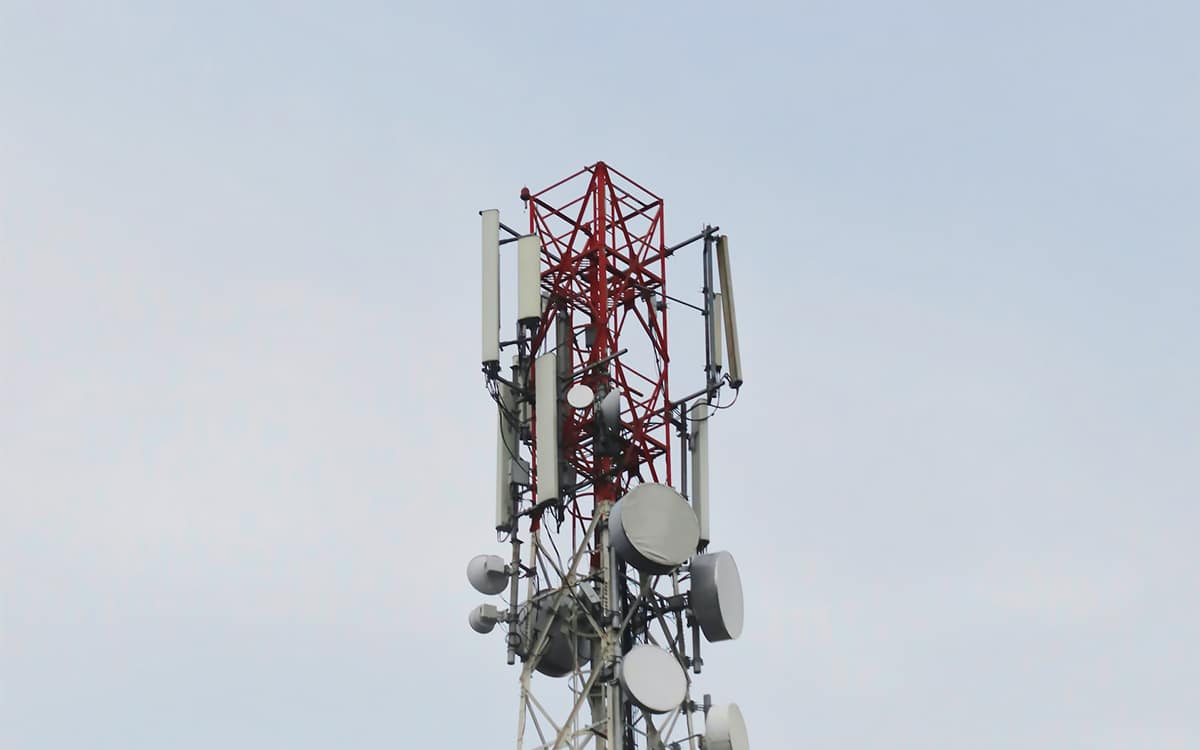More than a quarter of telecom operators engage in deceptive or abusive commercial practices, according to the DGCCRF. In a recent investigation, the regulatory authority noted several violations, all seeking to trap the user.
This is advice as old as time: you should always think twice before signing up with a telecom operator. Even if large brands generally avoid playing with the law, things can quickly become more difficult for small brands, forced to redouble their inventiveness to find a place in the sector. The latest investigation by the Directorate General for Competition, Consumer Affairs and Fraud Control (DGCCRF) makes no mistake.
After closely studying 42 establishments during 2021, the regulatory authority identified more than a quarter (28.6%). The fault that most often falls on supposedly temporary offers, which are of course attractive to attract the consumer, but which are in reality automatically renewed without the latter’s notice. “In reality, these offers follow one another at short intervals or overlap to result in a permanent offer which lures the consumer,” explains the DGCCRF.
On the same subject — Optical fiber: this is how operators will put an end to breakdowns and bad connections
1 in 4 telecom operators use deceptive commercial practices
Some operators also do not hesitate to increase their prices in a pernicious manner. Contrary to the usual excuse of revaluing the data envelope and other similar justifications, these operators discreetly subscribe their customers to hidden options, such as paid VOD services. All you have to do is increase the price of this subscription to increase the total bill.
Furthermore, many users file a complaint following a price increase or an abusive modification of their contract. 22% highlighted a defect in their contract, 17% on their billing and 17% again on termination – a problem which should now be resolved thanks to the new regulations in force.
According to the DGCCRF , “small and medium-sized alternative operators are often unaware of many of the obligations incumbent on electronic communications providers. Small structures also have difficulty applying the regulations on distance selling and sales outside commercial establishments. »
